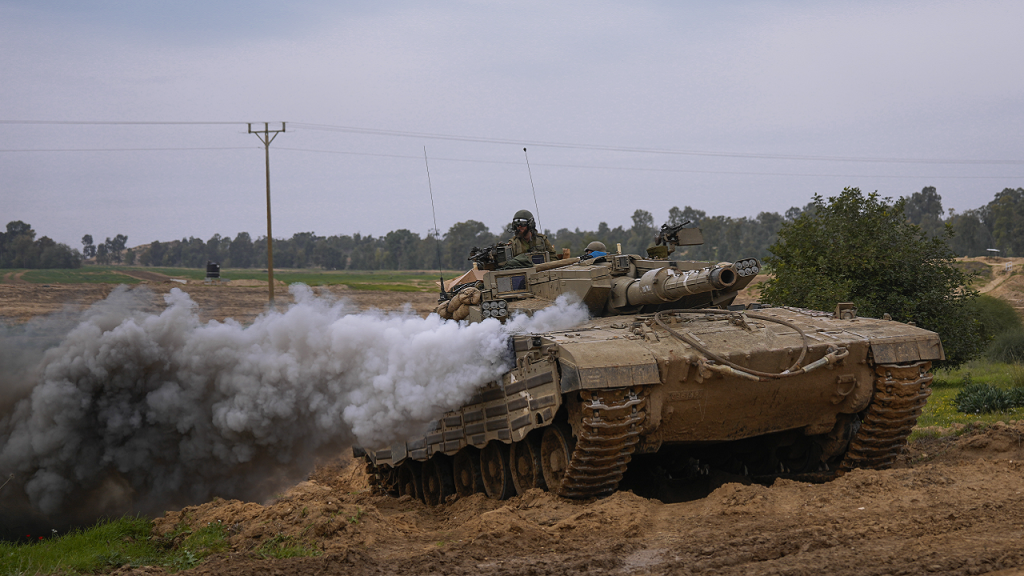Iran launched drones from its territory towards Israel as retaliation for an airstrike on the Iranian consulate in Syria that left several generals dead. Israeli Prime Minister Benjamin Netanyahu had been preparing for a direct attack from Iran, stating that the country’s air defenses were deployed and ready for any scenario. President Biden returned to the White House to monitor the crisis, and the U.S. State Department restricted travel for government employees and their families outside major cities in Israel due to concerns about potential Iranian strikes. Senior Israeli leaders, including Netanyahu and Defense Minister Yoav Gallant, held emergency meetings to discuss the situation.
Iran’s Supreme Leader Ayatollah Ali Khamenei had promised to retaliate against Israel for the airstrike in Syria, which killed 12 people including seven Iranian Revolutionary Guard members. One of the deceased was identified as Mohammad Reza Zahedi, a senior commander in Iran’s Revolutionary Guards Corps who had been sanctioned by the U.S. Treasury Department in 2010 for supporting the Lebanese militant group Hezbollah. The attack came just hours after President Biden cut short a weekend trip to his Delaware beach house, and Israeli Prime Minister Benjamin Netanyahu declared that Israel would protect itself from any threat with coolness and determination.
Before the attack, Netanyahu had established a clear principle that whoever hurts Israel will be retaliated against. The Israeli Prime Minister had met with Defense Minister Yoav Gallant, U.S. CENTCOM Commander General Michael Erik Kurilla, and Israeli security officials at the Hatzor Israeli Air Force base to discuss the escalating tensions with Iran. The situation remained tense, with fears of further Iranian strikes leading to restrictions on travel for U.S. government employees in Israel. The attack on the Iranian consulate in Syria had sparked the latest round of hostilities between Iran and Israel, with both countries vowing to defend themselves from any threats.
The ongoing conflict between Iran and Israel has raised concerns about potential escalation and further violence in the region. The attack on the Iranian consulate in Syria and Iran’s subsequent drone strike on Israel have heightened tensions, prompting emergency meetings among Israeli leaders and increased U.S. involvement in monitoring the situation. Israel’s readiness to defend itself against any threat, along with Iran’s promises of retaliation, have increased fears of additional attacks and further casualties. The international community is closely watching the situation, with the U.S. State Department taking precautions to protect its personnel in Israel amid the escalating conflict. The evolving crisis highlights the complex and volatile nature of the Middle East, where geopolitical tensions can quickly escalate into armed confrontations.


